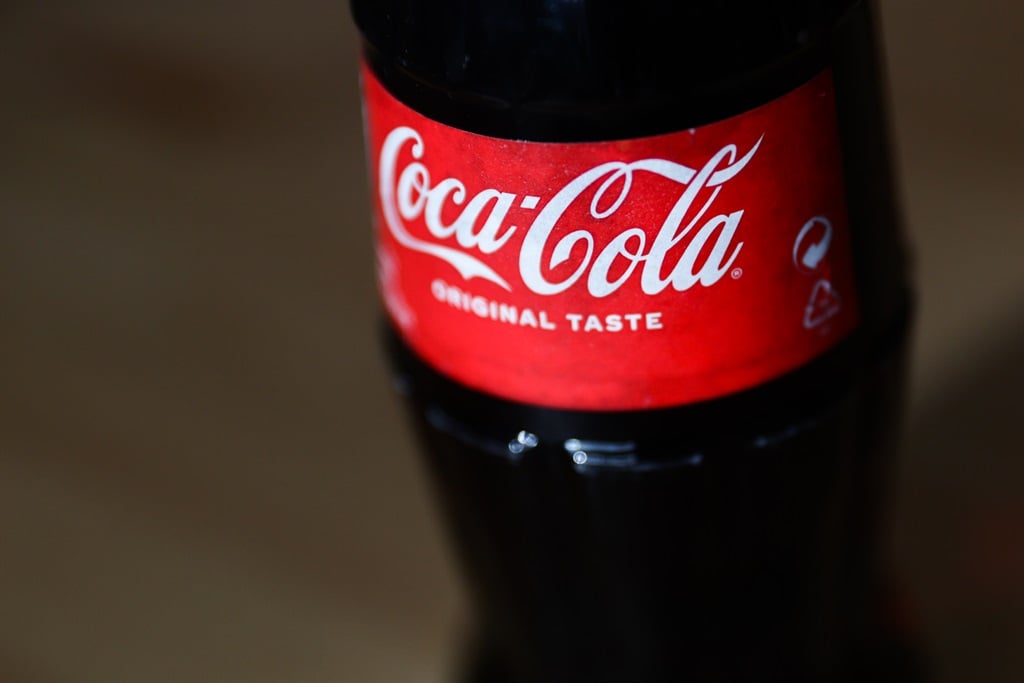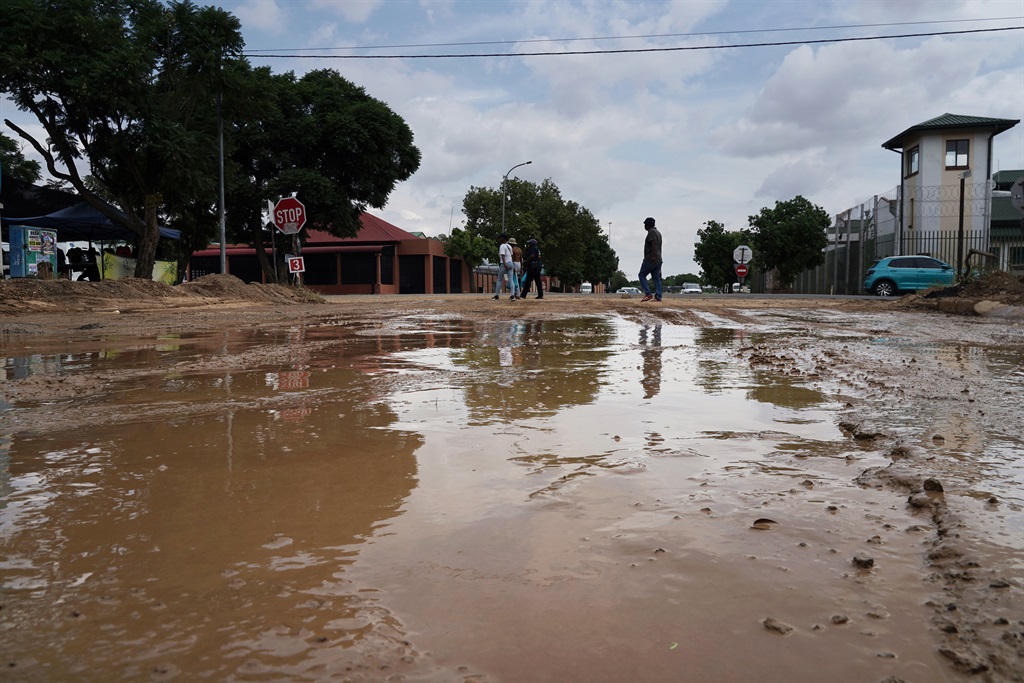
A 60-second Coca-Cola advertisement in Bangladesh has caused a storm of
criticism for the beverage giant over its attempt to distance itself from
Israel amid the war
on Gaza.
Since 7 October, when Israel’s assault on the Gaza Strip began, dozens of
companies, including Coca-Cola, have seen a decline in sales in Muslim-majority
countries, with consumers calling for a boycott
of firms believed to have links with the Israeli government and military.
Local media reports say Coca-Cola sales have declined by about 23% in
Bangladesh since the Gaza war. In recent months, the company has intensified
its advertising campaign in the country – from full-page newspaper
advertisements to prominent placements on news websites.
In its latest attempt to boost sales, the company on Sunday released an
advertisement on television and social media, aimed at dispelling the “misinformation”
that Coca-Cola is an Israeli product, arguing that the beverage “has been
enjoyed for 138 years by people in 190 countries”.
The advertisement in Bengali opens on a hot day in a market, with a young
man approaching a middle-aged shopkeeper as the latter watches a song from Coke
Studio, a popular music series the cola company promotes in several South Asian
countries, on his mobile phone.
“How are you, Sohail? Should I give you a [bottle of] Coke?” asks
the shopkeeper, turning a table fan towards his sweaty customer. The man
replies: “No Bablu bhai [brother], I am not drinking this stuff anymore.”
When the shopkeeper asks why, the young man says: “This stuff is from
‘that place’.” He does not name the “place” — but it soon
becomes clear that he is referring to Israel.
The shopkeeper, through a conversation with the man and his friends,
explains to them that Coca-Cola is not from “that place” and that
claims linking it to “that place” are misinformation.
The shopkeeper tells them: “Listen, guys, Coke is not at all from ‘that
place’. For the past 138 years, people in 190 countries have been drinking
Coke. They drink it in Turkey, Spain and Dubai. Even Palestine has a Coke
factory.”
A relieved Sohail asks for a bottle of Coke.
‘Ludicrous attempt’
The commercial was first aired in Bangladesh during the India-Pakistan
cricket match that is part of the Twenty20 World Cup, currently under way in
the United States, where Coca-Cola is also based, and the Caribbean.
As soon as it aired, outrage began to appear online and offline, with many
Bangladeshis condemning the advertisement’s “insensitivity” and
inaccuracy.
“If cringe-fest has a literal face, it would be this ad,” said
Jumanah Parisa, a student of Brac University in capital Dhaka, “If this ad
doesn’t hurt Coke sales, I don’t know what will.”
Hasan Habib, a businessman from Dhaka’s Mirpur area, said he has boycotted
Coke since Israel’s devastating attack on Gaza. “This ludicrous attempt to
portray that Coke has nothing to do with Israel only consolidates my stance on
keep boycotting it,” he said.
One particularly criticised element in the advertisement is its claim that “even
Palestine has a Coke factory”.
In fact, the Coca-Cola factory is located in the occupied West Bank’s
Atarot, an Israeli settlement considered illegal under international law.
“This is an utterly insensitive and false statement,” said Nadia
Tabassum Khan, a market researcher in Dhaka. “It’s an insult to the
millions of Palestinians who for long have been losing lands due to Israel’s
forceful occupation.”
On Wednesday, an online shoe shop in Bangladesh put out an ad in protest,
showing a bottle of Coke being kicked by a man wearing its shoes.
Abdul Al Nayan, marketing manager of ZIS, told Al Jazeera they made the ad
to express solidarity with the Boycott Coke movement.
“As a marketing professional, I took the opportunity to formulate our
product’s ad basing on a popular and the most discussed issue,” he said. “Also,
as a Muslim, I strongly condemn Coke and its failed portrayal that they have no
connection with Israel.”
Omar Nasif Abdullah, a lecturer of marketing at Bangladesh’s North-South
University, told Al Jazeera the Coca-Cola advertisement shows that the company “failed
to read the pulse of the people”.
“The new PR campaign is laden with the wrong message and wrong
approach,” he said. “And in the cut-throat world of marketing, that’s
an unforgivable mistake.”
As backlash grew, Coca-Cola on Tuesday removed the commercial from its
YouTube and Facebook pages for about five hours, without any explanation. In
the evening, the advertisement was quietly placed back, but the comments
section on both platforms was disabled due to an influx of angry messages.
On TV, however, the commercials continue.
Al Jazeera reached out to several Coca-Cola officials in Bangladesh for
their comments on the outrage over their advertisement, but did not receive any
response.
Economic pressure
The controversy surrounding the firm is part of a broader backlash that it
has faced globally over the war in Gaza.
“Coke, seen as a quintessential American brand, is being targeted with
the belief that economic pressure will force Washington – Tel Aviv’s greatest
ally – to intervene in the Palestine issue,” Zahed Ur Rahman, a
Dhaka-based political analyst, told Al Jazeera.
Rahman said there is a widespread notion among the common people in
Bangladesh that Coke “directly funds some of the Israeli entities”.
In February this year, Coca-Cola sold its Bangladeshi bottling operations to
a Turkish associate, Coca-Cola Icecek. The US-based company denied the move had
anything to do with the declining sales.
But Rahman feels the involvement of “a company from another Muslim
nation and subsequent public relations efforts” could be an attempt by
Coke to regain its market position in Bangladesh.
Meanwhile, Bangladesh has seen a surge in the sales of Mojo, a previously
obscure local cola brand which for the past two decades did not have a
significant market share, but is now being seen by many as their alternative to
Coke.
Popular actor Saraf Ahmed Jibon, who plays the shopkeeper in the
advertisement, wrote on his Facebook page that Coca-Cola hired him to direct
and act in the commercial.
“I simply presented the information and data provided by their agency.
This project was only a part of my professional work … I have not supported
Israel in any way, and I never will. My heart is always on the side of justice
and humanity,” posted the 41-year-old actor.
But many in Bangladesh were not convinced.
Faiz Ahmad Taiyeb, a prominent author and columnist, criticised the actor’s
justification, commenting below Jibon’s Facebook post that “actors should
verify the factual accuracy of a script before participating in an ad”.
“So you are justifying selling your humanity for the sake of money?”
wrote another Facebook user.





Recent Comments